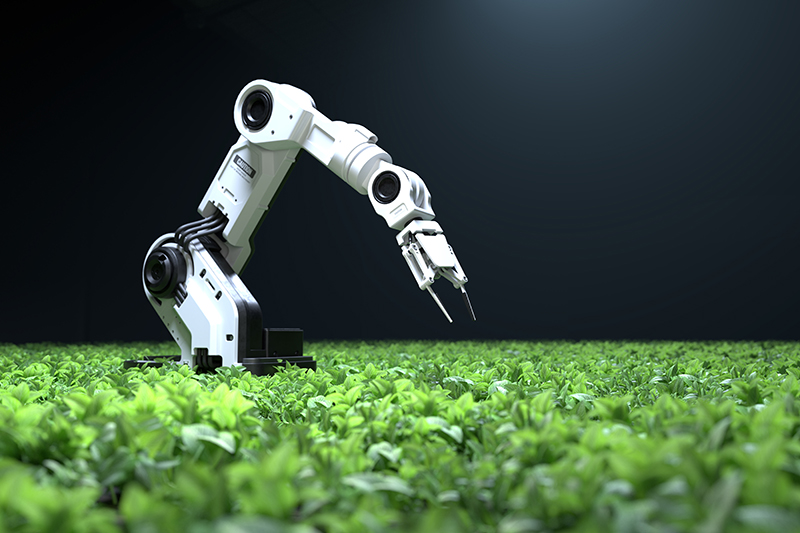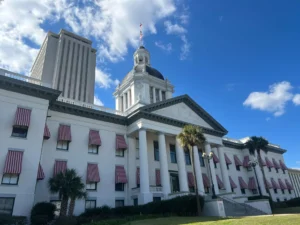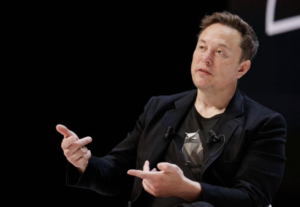 Across the nation, a powerful synergy is emerging between technology and agriculture, offering innovative solutions to the persistent challenge of food insecurity in Black communities. This intersection is proving particularly impactful in urban centers, where a combination of historical inequities and limited access to resources have created “food deserts” – areas with scarce access to affordable and nutritious food.
Across the nation, a powerful synergy is emerging between technology and agriculture, offering innovative solutions to the persistent challenge of food insecurity in Black communities. This intersection is proving particularly impactful in urban centers, where a combination of historical inequities and limited access to resources have created “food deserts” – areas with scarce access to affordable and nutritious food.
Urban farmers, equipped with cutting-edge AI tools, are transforming vacant lots and rooftops into thriving urban farms, bringing fresh produce directly to those who need it most. AI is revolutionizing urban agriculture through predictive analytics, which leverages vast amounts of data, including weather patterns, soil conditions, and historical crop yields. These sophisticated algorithms optimize planting schedules, predict potential challenges like pests and diseases, and forecast harvest yields with remarkable accuracy. This empowers urban farmers to make data-driven decisions, maximizing their output and ensuring a consistent supply of fresh, healthy food.
Take, for instance, the use of AI-powered sensors that monitor plant health in real-time. These devices detect stress factors like nutrient deficiencies or water shortages and send alerts to farmers, allowing for timely interventions. For urban farms operating on tight budgets, this precision reduces waste and maximizes output.
Beyond increasing efficiency, predictive analytics plays a crucial role in addressing the root causes of food insecurity. By identifying areas with the greatest need and forecasting future demand, AI helps urban farmers strategically allocate resources and prioritize communities facing the most significant challenges. This targeted approach ensures that fresh produce reaches those who need it most, effectively combating the inequities that have historically plagued marginalized communities.
The integration of AI into urban farming not only enhances productivity but also empowers communities. Organizations like Harlem Grown in New York and Growing Home in Chicago are adopting tech-driven approaches to train residents in sustainable agriculture and data analysis, equipping them with skills for the future job market.
AI-driven urban farming projects also foster collaboration among stakeholders, from local governments to tech companies. Public-private partnerships can provide the funding and expertise needed to scale these initiatives, ensuring that technological benefits reach underserved communities.
While challenges such as access to technology, digital literacy, and initial investment costs persist, addressing these barriers through targeted training programs and financial support will be crucial in ensuring that the benefits of AI-powered urban agriculture reach all corners of the community.
By combining community resilience with cutting-edge technology, urban farming powered by AI is poised to reshape food systems, turning food deserts into thriving hubs of nourishment and opportunity. The journey ahead requires collaboration, innovation, and a commitment to equity—but the seeds of change are already being sown.
Marvin Dejean is the CEO and Sr. Managing Partner of Gilead Sanders LLC, a strategy and business transformation consulting practice based in Fort Lauderdale, Fla. He empowers organizations to navigate and succeed in the digital age by leveraging future-focused strategies and cutting-edge technologies. He can be reached at [email protected] or online at www.gileadsanders.com.





















